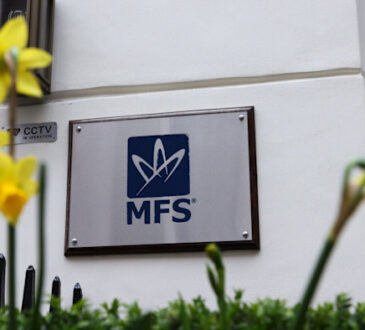Rachel Reeves’ hated inheritance tax sparks UK food security fears and horror jobs warning | UK | News
The UK has been warned that its food security is at risk ahead of Labour’s changes to inheritance tax (IHT), which are expected to severely impact farmers. Adjustments to Agricultural Property Relief (APR) and Business Property Relief (BPR) announced by Rachel Reeves in her maiden budget are expected to take effect from April 2026, though the Government has faced calls to delay this by a year. The changes mean IHT relief for business and for agricultural assets will be capped at £1million, with a rate of 20% being charged above that.
Gareth Marland, Legal Director in Private Wealth at Clarion, warned that farmers face a “sizeable liability” in the form of IHT, which could have a knock-on effect across the food industry. He told the Express: “With 40% of food already imported and 10% of Britons food insecure, these changes could, therefore, deepen foreign dependence, drive up prices, and undermine national food security.”
Mr Marland stressed that the increased costs could be passed down to consumers, making imported goods a more attractive option and compounding the stresses faced by farmers as fewer people buy their products.
He added: “If UK farmers pass on the costs of increased taxes to consumers to stay financially viable, prices for domestically produced foods could rise.
“Overseas producers, particularly from countries with lower production costs, may be able to offer similar products at a lower price. This price advantage could allow foreign suppliers to capture a larger portion of the UK market.”
The legal expert explained that these mounting financial pressures could lead to farmers being “forced” to sell their assets and land in anticipation of the IHT changes, money which he said could be used in more productive ways.
He said: “The need for farmers to build up cash reserves to fund this potential inheritance tax charge could also impact their ability to invest in new technology, which otherwise would have increased their productivity, something the government was keen to improve.”
This comes after the Country Land and Business Association warned that 190,000 people could become unemployed if the IHT changes go ahead and there are no reliefs.
It wrote: “If there was no relief, or even if it was capped as some have suggested, there would be a high tax bill to pay.
“Government statistics show 17% of UK farms failed to make a profit and 59% made a profit of less than £50,000 in 2022/23. This leaves little scope to pay inheritance tax out of farm income.
“Although it is not possible to establish the exact impact on rural businesses of removing inheritance tax reliefs, if it led to a reduction of 5% in the number of businesses registered in rural areas, this would equate to over 27,500 businesses and potential unemployment of 190,000.”
The Government faces continued calls to rethink its tax plan, if not by scrapping the changes, then by giving farmers more time to adjust, or risk damaging the country’s food security.
A Government spokesperson said: “Food security is national security. Our high degree of food security is built on supply from diverse sources and our cross-Government food strategy will make sure we continue to feed the nation.
“Our reforms to Agricultural and Business Property Relief are vital to fix the public services we all rely on.
“Three quarters of estates will continue to pay no inheritance tax at all, while the remaining quarter will pay half the inheritance tax that most people pay, and payments can be spread over 10 years, interest-free.”



